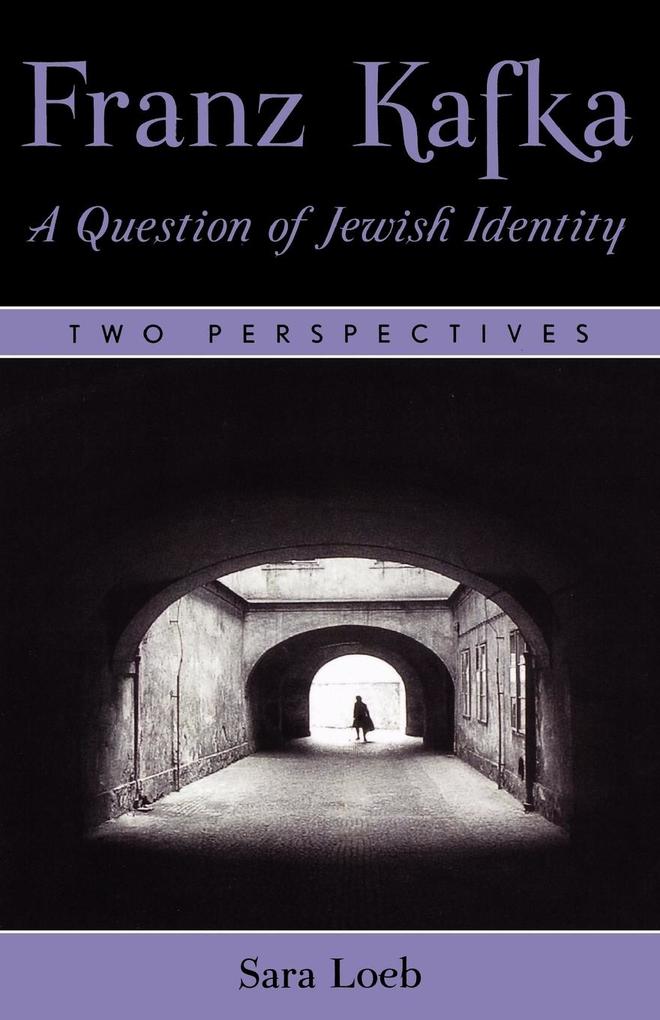Franz Kafka, the Jewish writer from Prague, who wrote in German, grew up after the Emancipation at a time when most Jews in Central and Western Europe suffered from an identity crisis. The most prominent characteristic of the experience of this generation of young people was "hybridism," a kind of partial assimilation that brought them to a dead-end. In Franz Kafka: A Question of Jewish Identity, Sara Loeb examines this complex dialectic, focusing on the question of if, how, and to what extent Kafka's works reflect the identity crisis he suffered. She offers a new perspective of his life through an encounter between the points of view of two well-known critics: Max Brod, Kafka's close friend, and Marthe Rober, a literary critic who translated Kafka's works into French. Each seeks to examine, in a different way, the source of Kafka's link to his Jewishness. Loeb opens a window to Kafka's inner world, and examines the man and his work from a new perspective.
Inhaltsverzeichnis
Chapter 1 Introduction
Chapter 2 Franz Kafka- The Jewish Element in His Life
Chapter 3 Max Brod and Marthe Robert- The Background of Their Philosophical Approaches
Chapter 4 Modes of Criticism
Chapter 5 Max Brod and the Religious Moment (A Metaphysical View)
Chapter 6 Marthe Robert and the Duality of Identity (Psychoanalytical-Structural Approach)
Chapter 7 Summary
Chapter 8 Endnotes
Chapter 9 Bibliography
Chapter 10 Index












